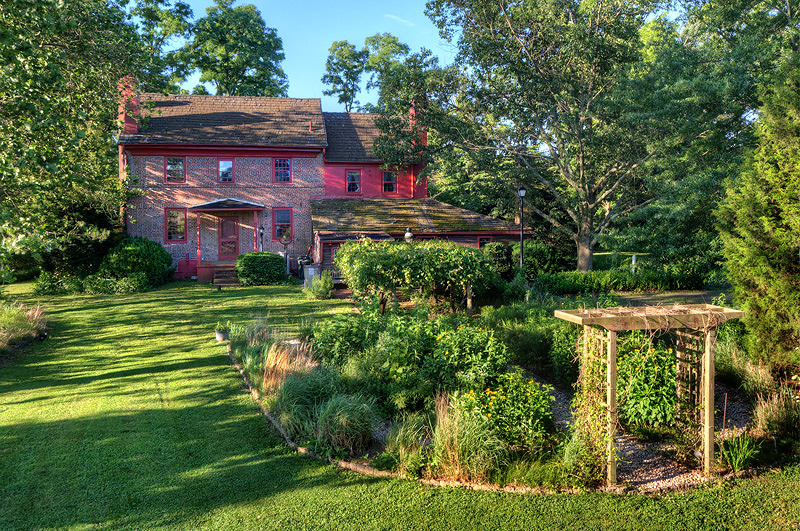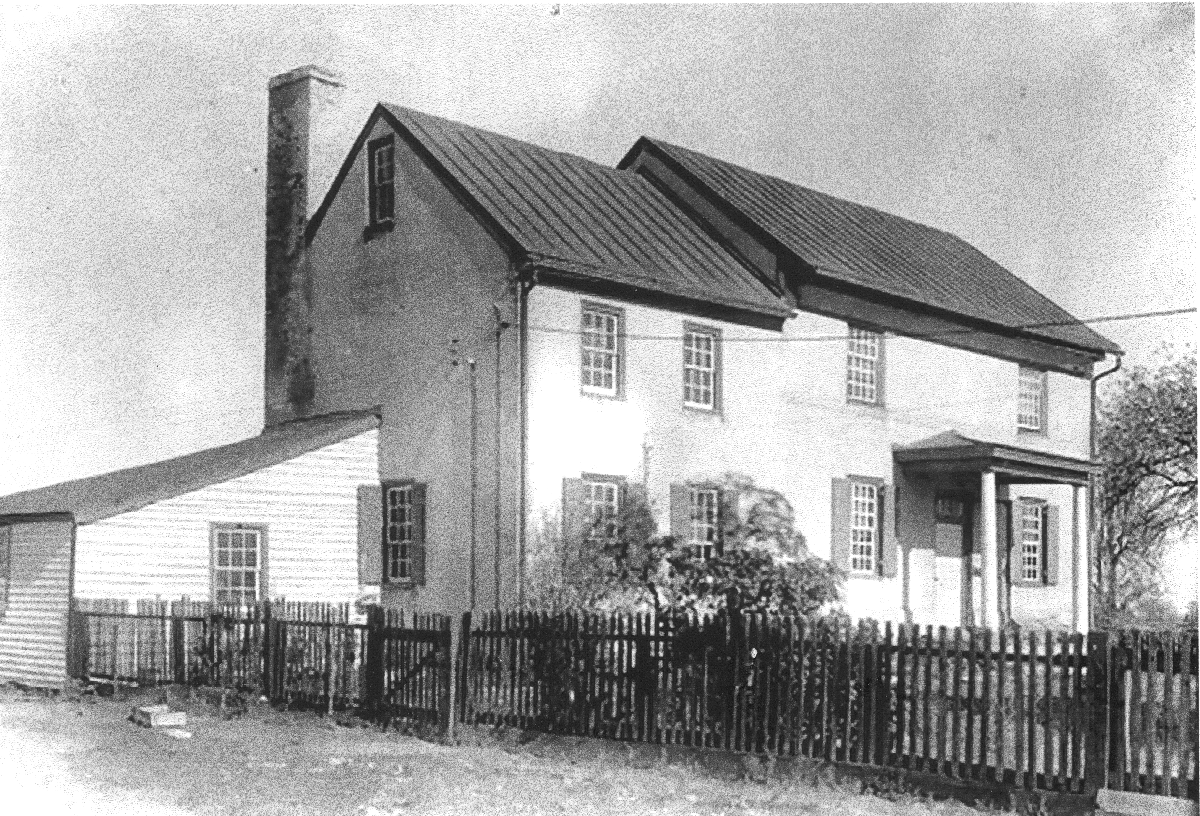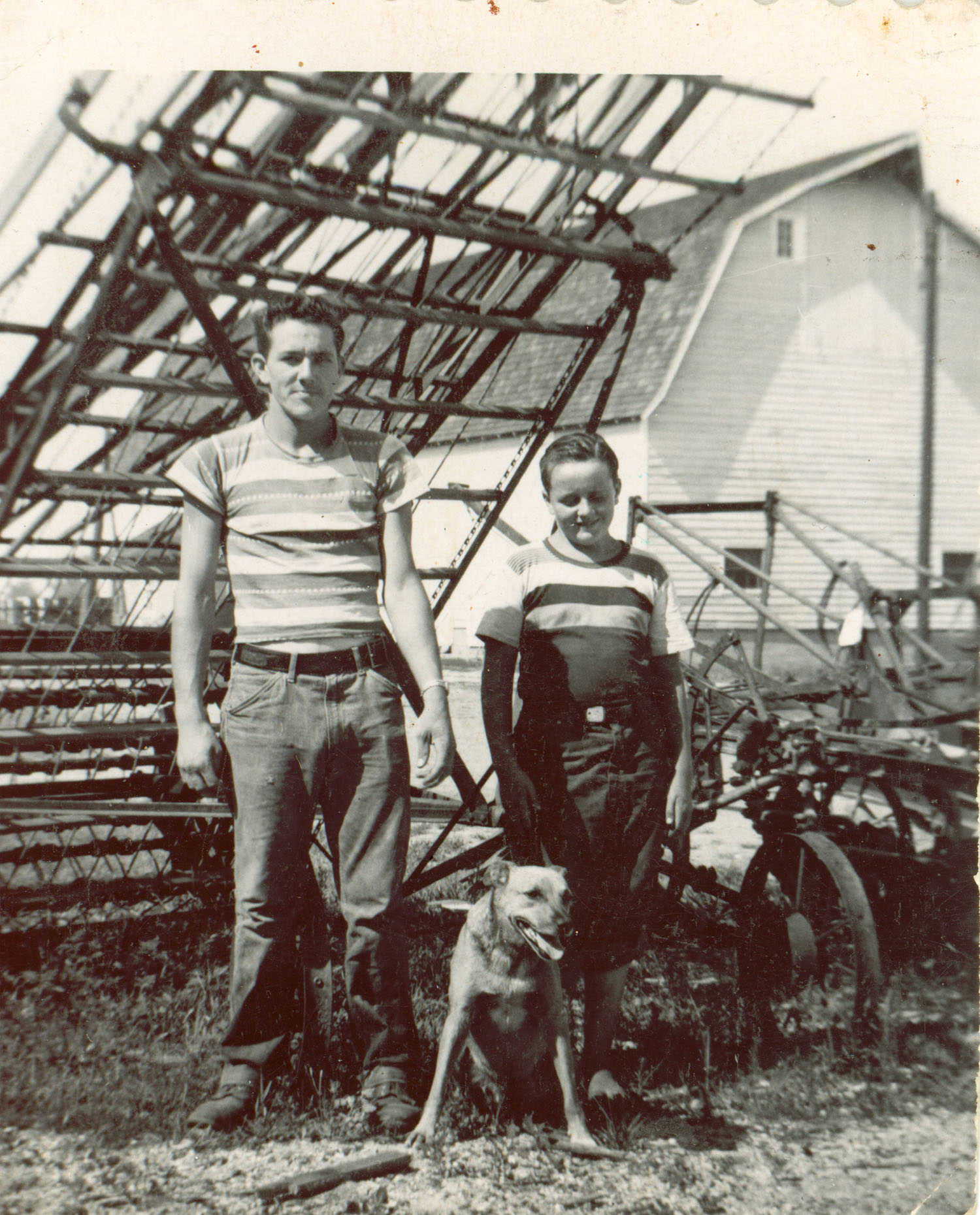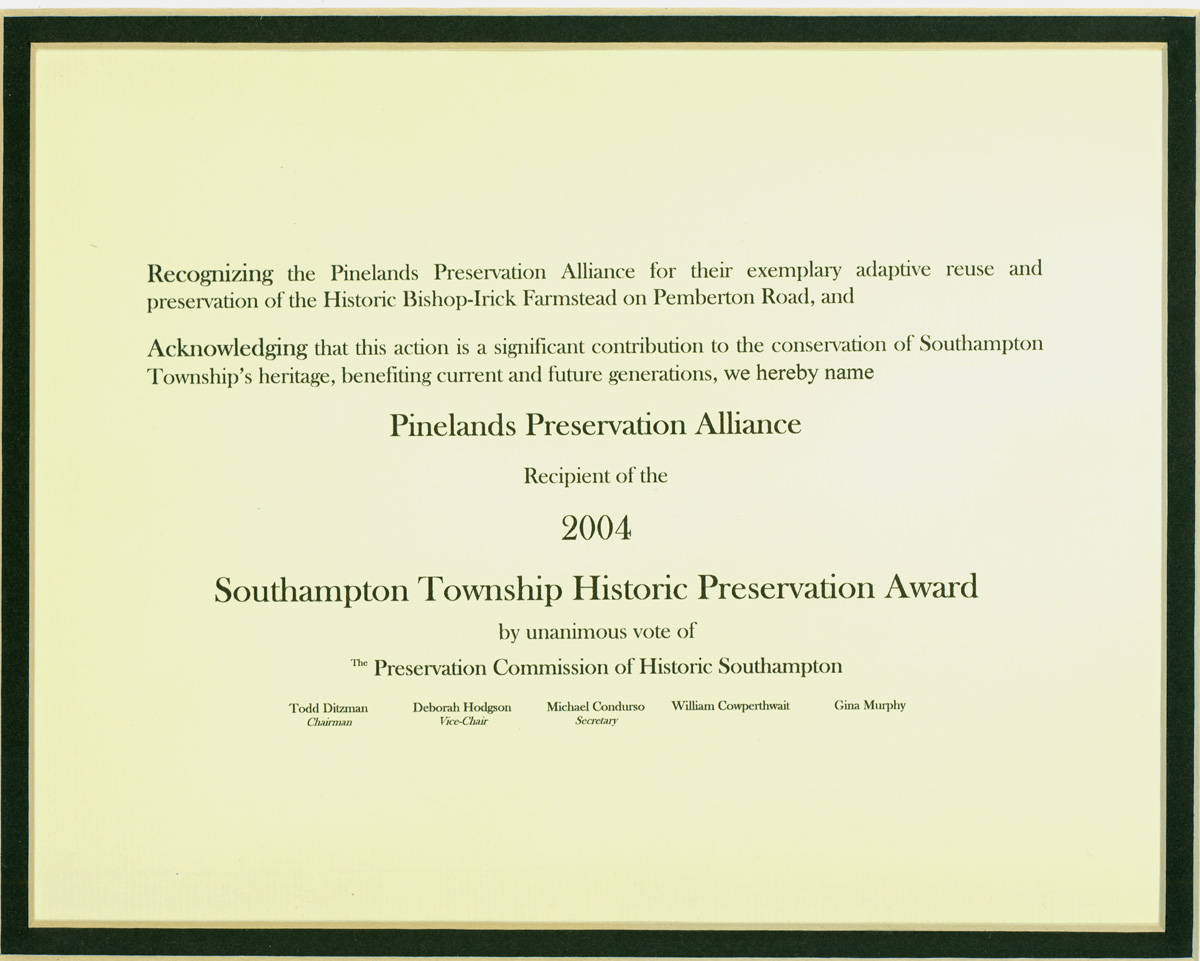
PPA is headquartered at the historic Bishop Farmstead in Southampton, New Jersey.
Visitor Center & Gift Shop
The gift shop and visitor center at our offices is open on specific days and hours! Our new visitor center is handicap accessible and is located in the building adjacent to our farmhouse. Look for the signs!
Browse our large collection of fiction and non-fiction books about Pine Barrens’ history, culture, ecology, and recreation. Learn about the conservation efforts and issues associated with the New Jersey Pinelands. Shop our t-shirts, hats, and locally made/sourced goods!
Our Pinelands Visitors Center is a great starting point for anyone interested in learning more about the New Jersey Pine Barrens. Learn how we are reducing our carbon footprint.
Visitors to the Pinelands Preservation Alliance are also welcome to enjoy the grounds and trails. The grounds and nature trail are open Monday – Friday, from 9:00 am – 4:00 pm. Call us at 609-859-8860 for more information.
April Store Hours
Mondays – Fridays 10am – 4 pm
Saturdays – 10am – 2pm
Sundays – Noon – 5 pm (Closed April 21)
If you would like to visit other times during the week, call Mike at 856-761-4950.
More dates and times will be posted here as we schedule them. You can also find our hours on our events calendar here.
Weddings & Special Events
All arrangements for private events held in the barn on our property are made through Jeffrey A. Miller Catering including tours. Please click here to reach out.
Online Store
Can make it in person? We have a limited number of books and merchandise available in our online store. Have items shipped to you or make arrangements for a curbside pick-up.
The Bishop Farmstead includes:
- Historic farmhouse built in 1753, where our main offices and the Visitor Center are located
- Historic Louden barn built in 1932, renovated for meetings and catered events with Jeffrey A. Miller Catering.
- Native plants and display gardens
- Walking trail through grassland habitat for wildflowers, birds, and butterflies
- Gift Shop with over 100 books about the Pinelands and South Jersey, merchandise, trail maps, and more
- Rancocas Creek Farm a regenerative farm on 72-acres started in 2019
Directions to the Pinelands Visitors Center at PPA’s headquarters, located at 17 Pemberton Road, Southampton Township, New Jersey.
The Bishop Farmstead, a very brief history
When the Pinelands Preservation Alliance purchased the Bishop-Irick House and its 12.2 acre farmstead in 2002, the organization became the 12th owners of a 250+ year old brick house with a heritage as rich and compelling as that of the New Jersey county in which it was built.
In many ways, the history of the Bishop-Irick House reflects the broader history of Burlington County. Three Quaker settlers acquired several hundred acres of land from Native Americans via an “Indian Deed” in 1704. The deed is now in the State Archives (see the photograph and modern “translation” of it on this page). The deed resulted from a requirement of the Quaker Proprietors of Pennsylvania, who had gained governance of “West Jersey” at that time, that settlers purchase land through a transaction that complied with English law and was officially recorded in a deed.
After acquiring the land, Thomas Bishop, Thomas Haines and Jeremiah Basse divided the land into three pieces and began to farm. Over time, the Bishop Family purchased the rest of the original acquisition and more, creating a farm that at one time reached about 600 acres.
The main house was built in 1753 John and Elizabeth Bishop, the son and daughter-in-law of Thomas Bishop. The house is one of at least 50 patterned brick houses erected in the 18th century in the county and it remained in the same family for most of its first 179 years until the Great Depression. Previous to its sale out of the family in 1932, its farmland had supported seven generations of Bishops and their descendants who raised a variety of livestock and crops on its fertile fields.
After 1932, however, the farm became a specialized, but comparatively small, dairy farm in response to changing markets. In 1958, the Robbins family sold the farm, and it was subdivided, leaving the main house on a 12 plus acre piece. After 1960, the Bishop Farmstead was used as a home, to raise Morgan horses (in the 1960s and 1970s), then sheep, produce, and flowers (in the 1980s and 1990s). Today, the main house is used for offices and the Pinelands Visitors Center, and the farmstead twelve plus acres are preserved as open space in perpetuity under a Green Acres grant.
Reducing our carbon footprint
We have been working hard to address climate change at our offices. PPA’s headquarters is perhaps our best example of energy efficiency! Preservation of existing/historic buildings saves energy by taking advantage of the nonrecoverable energy embodied in an existing building and extending the use of it. We have adapted a 1753 farmhouse for our offices and a 1930s barn for storage (and future programming).
We are taking steps to reduce our carbon footprint. Learn More >








